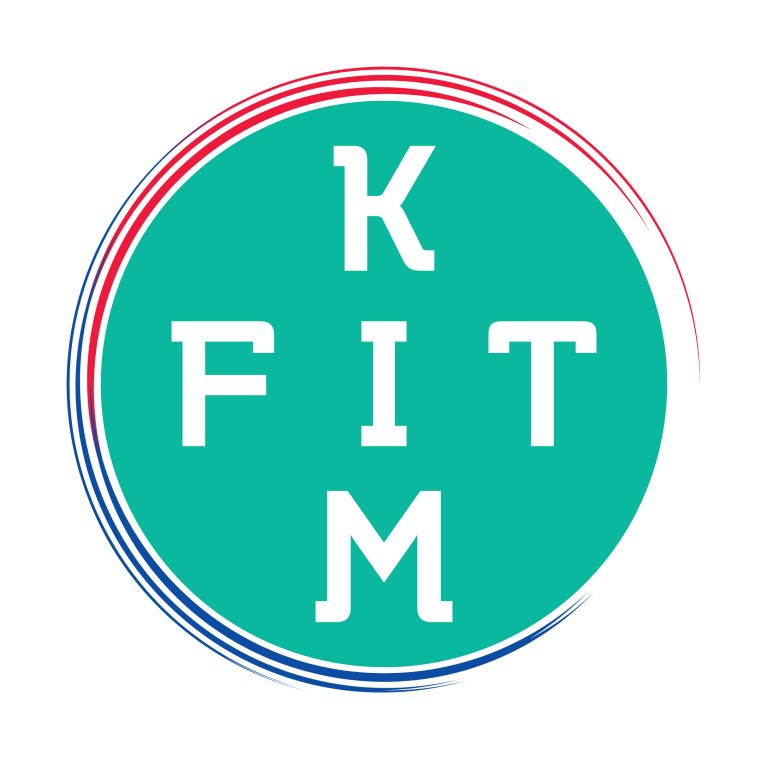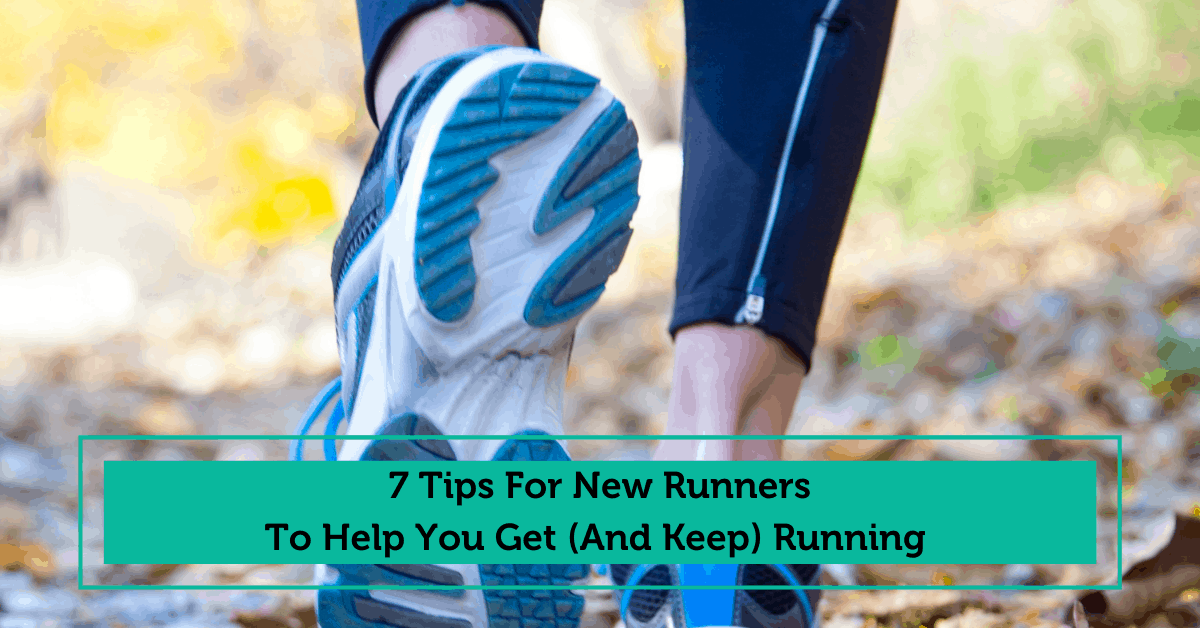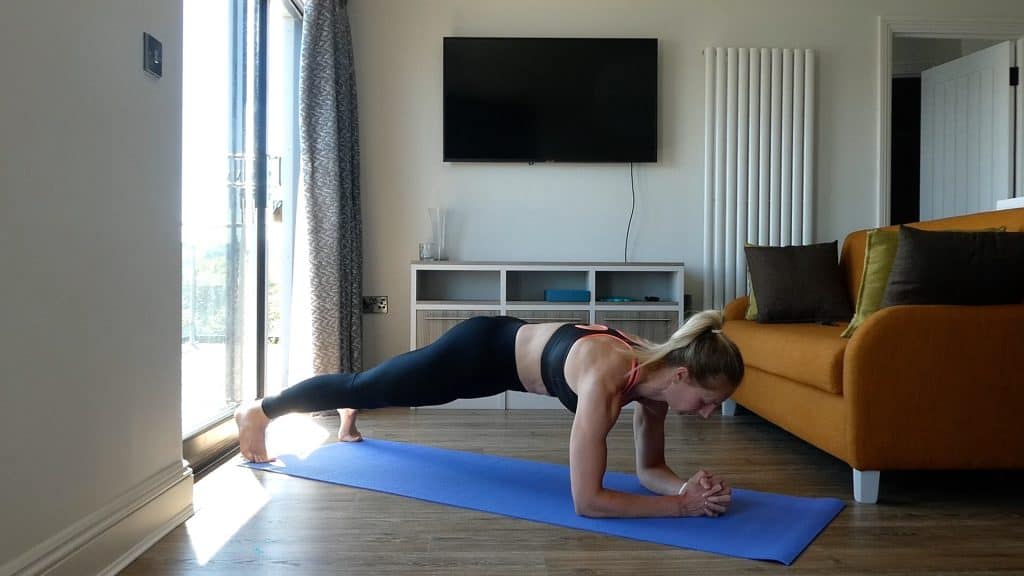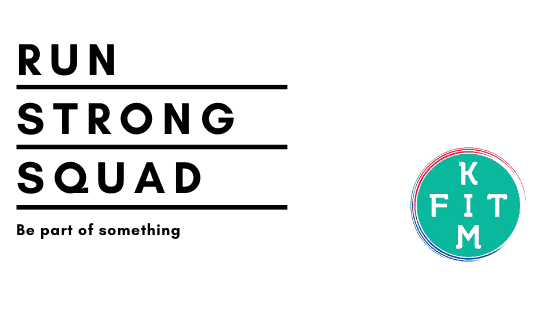7 Tips For New Runners to help you get (and keep) running
Are you a new runner? Maybe you started running more in lockdown?
Me too, I have a race to train for (this is what happens when you work with runners!)
Like many, I am not used to running. I am a power athlete; much more at home in the gym under a bar than splashing through puddles on the canal path.
With that in mind I am trying to be sensible with my training. We forget that running is a sport; and it put high loads on the body. Too much of it can be a bad thing. Overtraining or under recovering can lead to illness or injury and a cessation of running altogether. To help you (and me) avoid this outcome I have put together a list of 7 top tips to help you get running.
Here are my 7 top tips to help you get (and keep) running
1. Prepare your body for every run
Mobilise any areas you experience tightness in first and then move onto ankles, hips and thoracic spine. Include some lower body exercises at the end of your warmup to switch on the muscles you will use when running. Multi-directional lunges are a good exercise which hit the lower body and require coordination, firing up the proprioceptors.
2. Recover harder than you train.
In my last blog I talked about only benefiting from the exercise you recover from (thanks Shona Halson). Under-recovering can have serious implications to your health, so it is crucial to do the basics well. Aim for 7-9 hours quality sleep a night, make sure you are appropriately fuelled for training (I’m talking carbs) and include rest days so that your body can recover.
3. Build in slowly.
The number one mistake I see is doing too much, too soon. If you’re new to running, you don’t need to run every day. If you try to do this the likelihood is your body will breakdown and something will cause you pain. I started with one run a week, then two. I am aiming for three a week by race day. You can even (and I would recommend) do a mixture of walking and running to build up time running. This gradual approach will slowly expose your tissues to the loads of running and over time you’ll be able to do more without getting hurt. Couch 2 5k is a great example of this.
4. Include strength training in your plan
This is non-negotiable. Strength and mobility training will not only teach you to move well, it will increase the load your tissues can tolerate. This will help reduce risk of injury and increase the force you can express so you can run faster.
5. Kit yourself out appropriately
Running doesn’t require much kit, but it is worth investing in a pair of trainers that fit well and support your feet. Head to a specialised running shoe shop for professional advice. My favourite is Running Bath. Since starting running I have also found having leggings with a pocket for a key, a lightweight waterproof and headphones (the bone conducting ones) handy.
6. Keep it easy
Running is predominantly an aerobic sport. For aerobic adaptations to take place (and to get better at running) intensity needs to be low. Run at a pace you can hold a conversation at. You should feel like you can keep going at the end. Once you build a base you can start to vary sessions to include harder running but at the beginning keep it relaxed, enjoyable, and above all easy.
7. Stick with it
Find a way to help you stay consistent with running. Make a plan, lay your kit out the night before, plan your route, tell a friend, join a run club, put it in the diary or enter a race! And when planning, remember to build it up over time. Don’t over commit and go out too hard. It’s far better to start within yourself, get it done and build up over time.
I hope these tips can help you start and stay running. I am personally employing them all myself and so far, so good.
If you want to learn more about any of the following, please click on the relevant link:
For home workout inspiration and tips to help you train smart follow me on Instagram (there is something fun coming from December 1st).
I offer virtual strength training for runners through my Run Strong Membership. Build a stronger, less injury prone body with my help. For more information click here. If you need more comprehensive coaching please check out my run and strength training packages.
If you’re Bath based, you can find more resources for runners, including Run Groups and Virtual Events on the Get Bath Running website.





